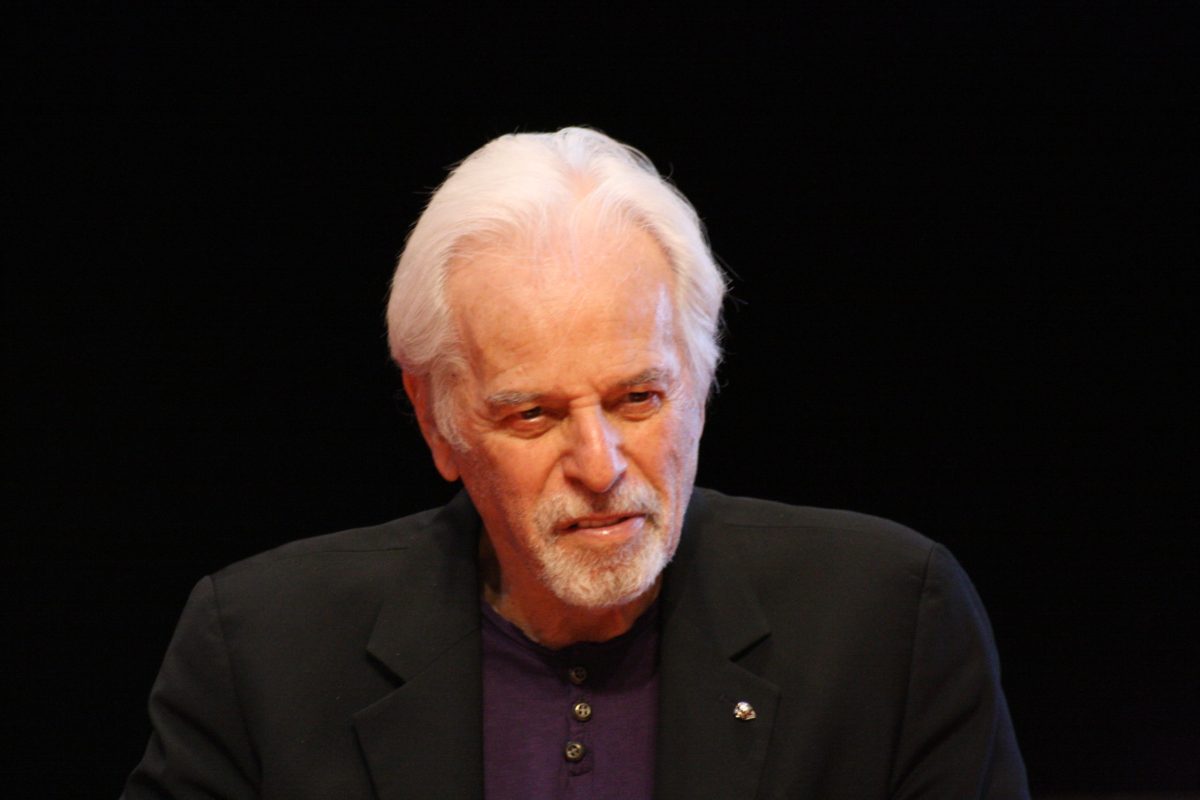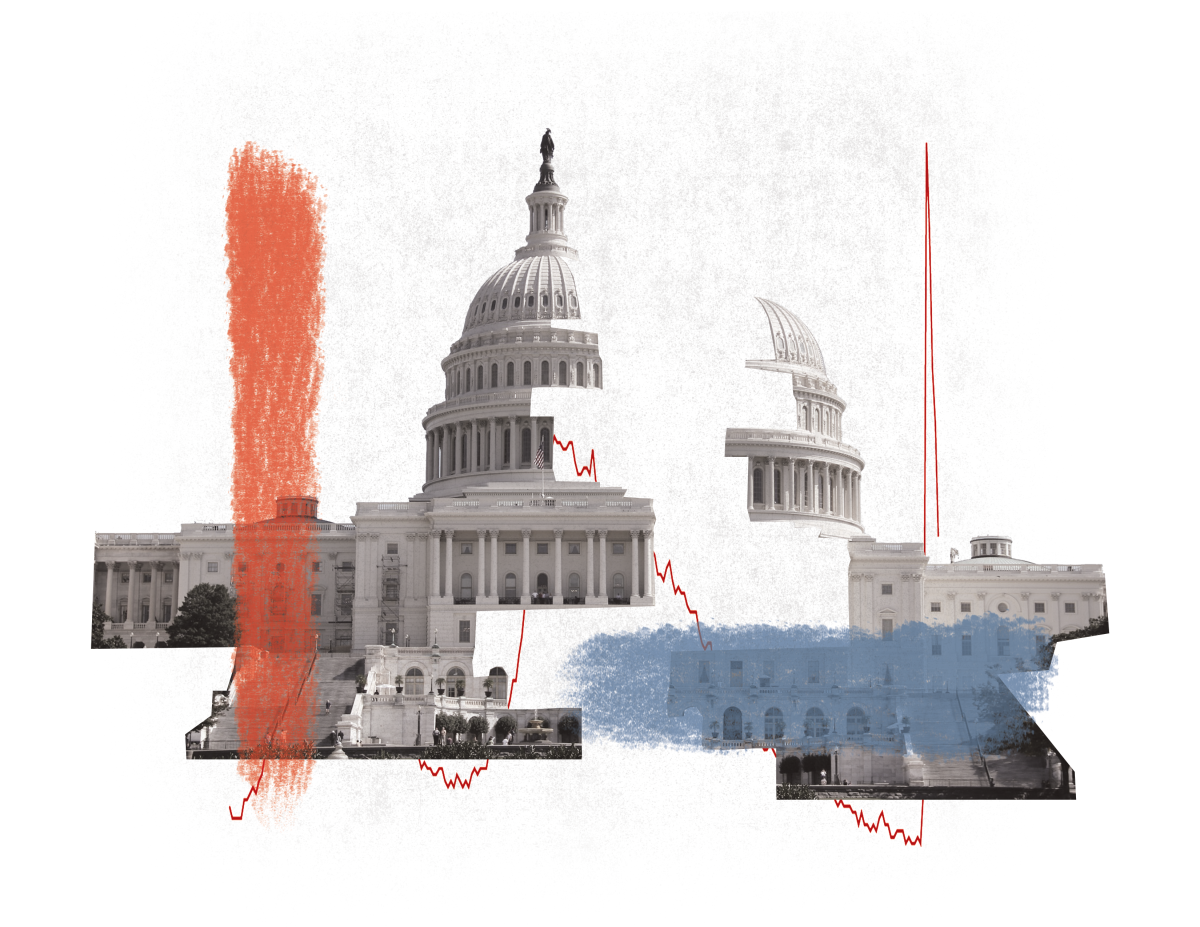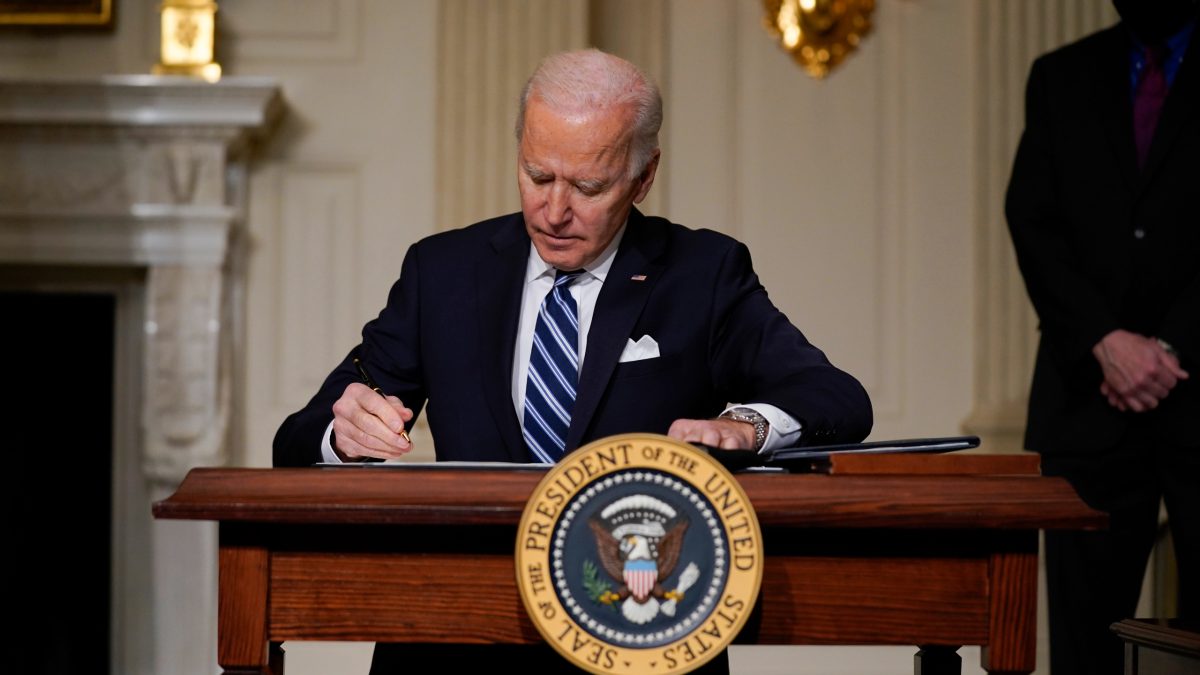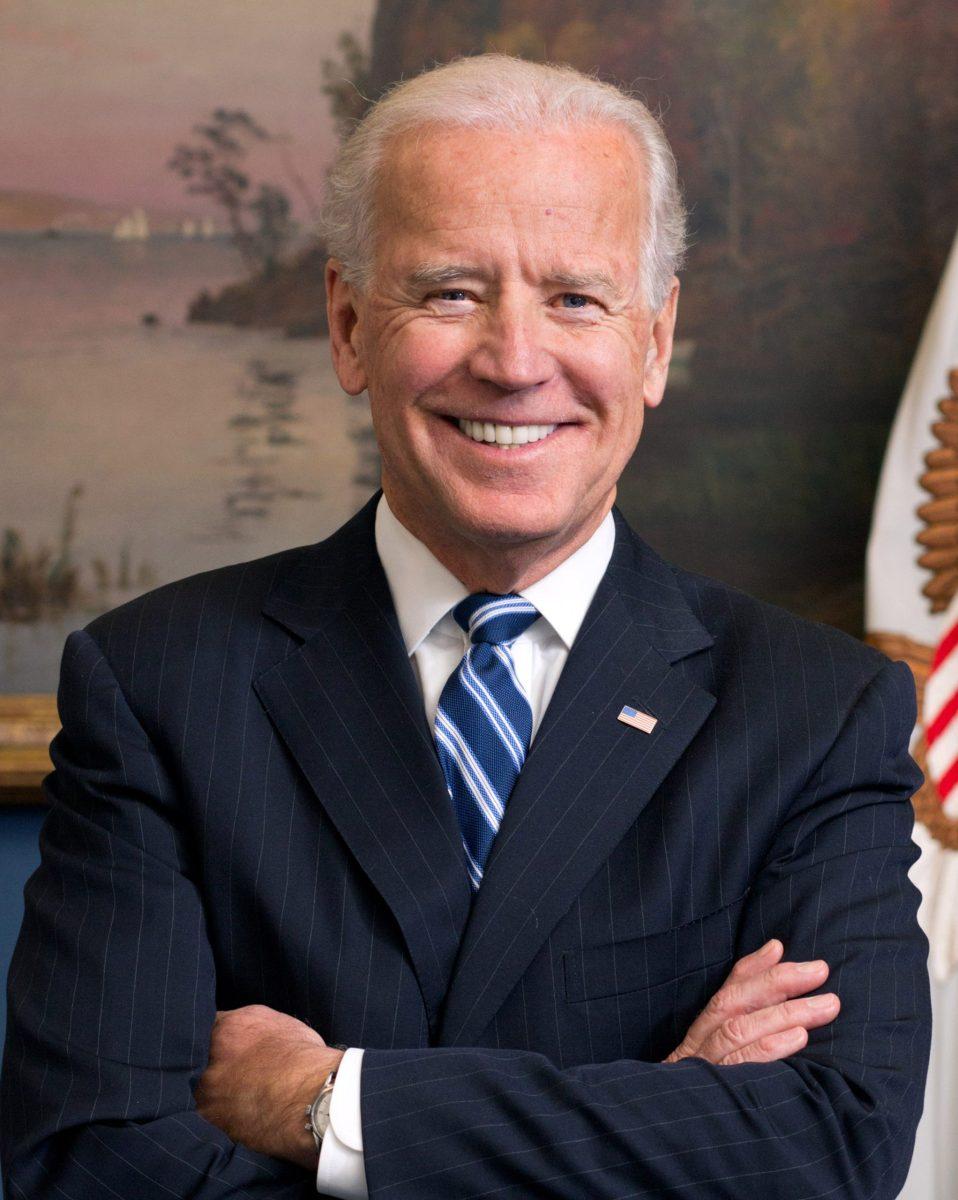It has been commonly noted from this election cycle that Donald Trump views popularity to be at least, if not more, important than an objective record of achievement and experience in determining his qualification for the role of presidency. Throughout the primaries, he routinely cited the polls that listed him as being the top contender in the sea of GOP hopefuls for the presidential nomination, using his poll numbers as a platform for self-aggrandizement and reaffirmation of the appeal of his message to the “silent majority”. Trump may not be citing polls as often in his speeches anymore, given that Clinton’s lead among likely voters in November is widening in key swing states he needs to clinch, but that doesn’t mean his mindset about polls has changed. On September 8th, in an NBC Commander-in-Chief forum, Trump recapitulated his praise for Vladimir Putin that drew many wide stares. When Matt Lauer unpacked Trump’s previous compliments of Putin, as well as Putin’s own remarks about Trump being “a brilliant leader”, Lauer effectively gave Trump an opportunity to disavow his support of Putin in front of a national audience, something GOP leaders have been hoping Trump would do soon. However, instead of taking the bait, Trump opted for one of his classic “politically incorrect” statements, refusing to back down from his appraisal of the authoritarian leader. “He does have an 82 percent approval rating, according to the different pollsters, who, by the way, some of them are based right here. Look, look…,” was Trump’s response. He went on to add that Putin “has been a leader, far more than our President has been a leader”, within his own system, which, to his credit, he claimed he doesn’t particularly like.
These two statements alone bring out the crux of how Trump assesses leadership, politics, and the state of the world. In Trump’s world, polls aren’t just a way to brag about his self-inflated importance; they are incredibly relevant indicators of public opinion, which, in his philosophy of leadership, matters more than anything else. To him, leadership is about capturing the hearts of the public, not about making effective policy decisions that can actually improve the daily lives of constituents. He gave a voice to the insecurities of largely white, rural, working-class Americans, which they themselves couldn’t express openly for fear of sounding racist: kick out the Mexican illegals and the terrorist Arab Muslims, and to quote Ann Coulter, stop “celebrating the browning of America.” Donald Trump is probably the only presidential candidate of a major party in recent history to make immigration reform the central focus of his platform, but his strategy has certainly reaped its rewards, as evidenced by his consistently high poll numbers. He brought out record numbers of voters during the primaries and has gained a strong and consistent following, which is almost irrevocably convinced that he possesses the qualities to lead America on the international stage. Furthermore, Trump has stayed attuned to White America’s view of American exceptionalism in every way – just like his supporters, he believes we have to project our strength and confidence to other countries if we are to avoid getting bossed around, even if this same man also supposedly believes in negotiating with others to make good deals, not the least of his contradictions this campaign season. He may even be aware that he is jeopardizing the safety of our military and civilians at home with his jingoistic remarks, yet this doesn’t keep him from making these statements because he knows they are wildly popular in a large segment of the electorate and will keep his poll numbers up.
No, Mr. Trump, You’re Not a Brilliant Leader and Neither is Putin
Sahitya Allam
•
September 21, 2016
0
Tags:
Donate to The Vector
Your donation will support the student journalists of New Jersey Institute of Technology. Your contribution will allow us to purchase equipment and cover our annual website hosting costs.
More to Discover







































